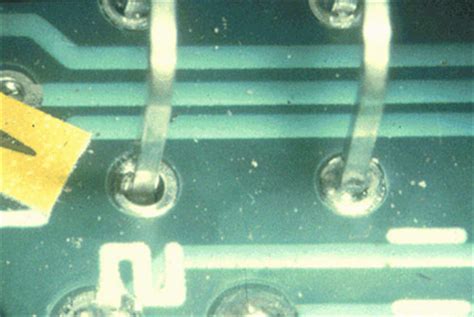
RF & Microwave Blog
-
Dressing PCB solder joint defects
Posted by
–
 Read more: Dressing PCB solder joint defects
Read more: Dressing PCB solder joint defectsUnderstanding Common PCB Soldering Defects Printed circuit boards (PCBs) are essential components in modern electronics, providing a platform for electrical components to be mounted and interconnected. The process of soldering these components onto the PCB is crucial for ensuring reliable electrical connections and overall circuit functionality. However, various defects can […]
-
Ideal Scope for Hacking PCBs at Home
Posted by
–
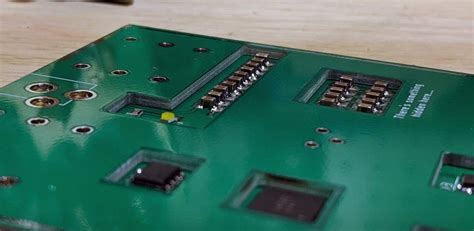 Read more: Ideal Scope for Hacking PCBs at Home
Read more: Ideal Scope for Hacking PCBs at HomeIntroduction to PCB Hacking PCB (Printed Circuit Board) hacking is the process of modifying or repurposing existing circuit boards to create new electronic devices or add new functionalities. It has become an increasingly popular hobby among electronics enthusiasts, makers, and DIY enthusiasts. With the right tools and knowledge, anyone can […]
-
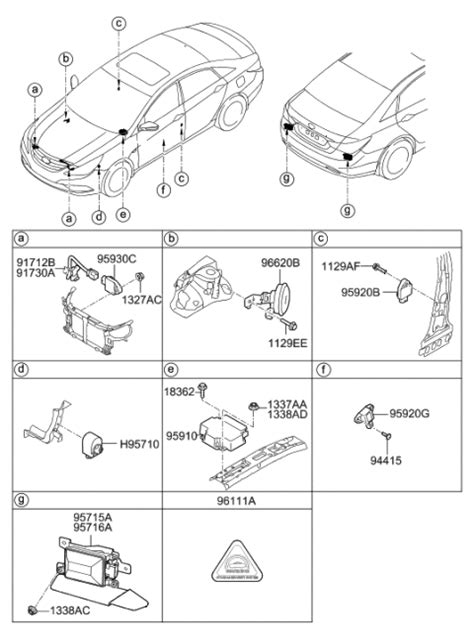 Read more: Beijing Hyundai Sang Nata airbag system circuit diagram
Read more: Beijing Hyundai Sang Nata airbag system circuit diagramIntroduction to the Sonata airbag system The Beijing Hyundai Sonata is a popular mid-size sedan that is known for its safety features, including its advanced airbag system. The airbag system is designed to protect the driver and passengers in the event of a collision by deploying airbags to cushion the […]
-
Convert PDF to Gerber and NC Drill formats
Posted by
–
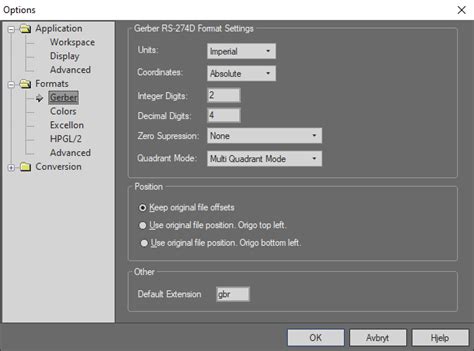 Read more: Convert PDF to Gerber and NC Drill formats
Read more: Convert PDF to Gerber and NC Drill formatsWhat are Gerber and NC Drill Files? Gerber files, also known as Gerber Image files or Gerber X2 files, are a vector image file format containing information necessary for manufacturing PCBs. They were developed by Gerber Systems Corp. and are now widely used as a de facto standard in the […]
-
Printed circuit board materials
Posted by
–
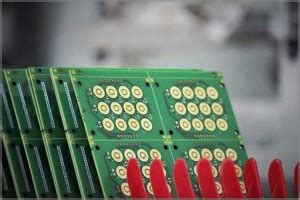 Read more: Printed circuit board materials
Read more: Printed circuit board materialsIntroduction to PCB Materials Printed Circuit Boards (PCBs) are the backbone of modern electronics. They provide a platform for mounting and interconnecting electronic components, enabling the creation of complex circuits and devices. The choice of materials used in the construction of PCBs plays a crucial role in determining their performance, […]
-
How Your PCBs Are Made Inside the Factory
Posted by
–
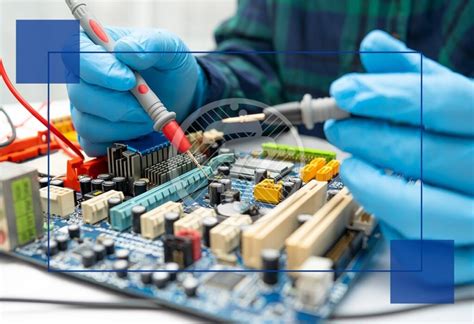 Read more: How Your PCBs Are Made Inside the Factory
Read more: How Your PCBs Are Made Inside the FactoryIntroduction to PCB Manufacturing Printed Circuit Boards (PCBs) are the backbone of modern electronics. They are used in almost every electronic device, from smartphones and computers to medical equipment and aerospace systems. PCBs provide a platform for electronic components to be connected and communicate with each other, enabling complex circuits […]
-
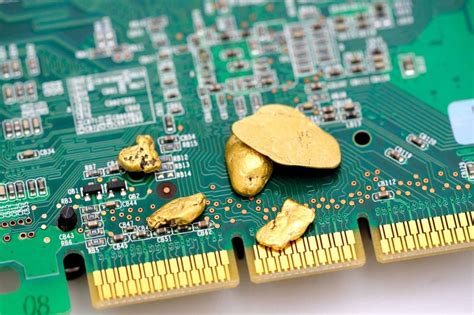 Read more: Why Use Gold Rather Than Silver And Copper in PCB Fabrication
Read more: Why Use Gold Rather Than Silver And Copper in PCB FabricationThe Importance of Material Selection in PCB fabrication PCB fabrication involves the creation of intricate circuits on a non-conductive substrate, typically made of fiberglass or other composite materials. The conductive traces and components on the PCB are made using various metals, each with its own set of characteristics and advantages. […]
-
 Read more: How to Distinguish Between Immersion Gold And Gold Plating
Read more: How to Distinguish Between Immersion Gold And Gold PlatingUnderstanding the Difference Between Immersion Gold and Gold Plating When it comes to protecting and enhancing the surface of electronic components, two popular methods are often employed: immersion gold and gold plating. While both techniques involve the application of a thin layer of gold onto the surface of the substrate, […]
-
Avoid 10 Common PCB Hand Soldering Problems
Posted by
–
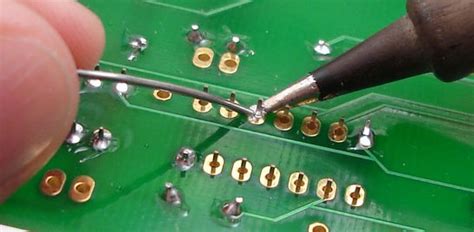 Read more: Avoid 10 Common PCB Hand Soldering Problems
Read more: Avoid 10 Common PCB Hand Soldering ProblemsUnderstanding Soldering Pitfalls to Improve Your PCB Assembly Skills Soldering is a critical skill for anyone working on PCB assembly and electronics projects. However, even experienced technicians can run into issues with poor solder joints, damaged components, and reduced reliability if they don’t use proper soldering techniques. In this in-depth […]
-
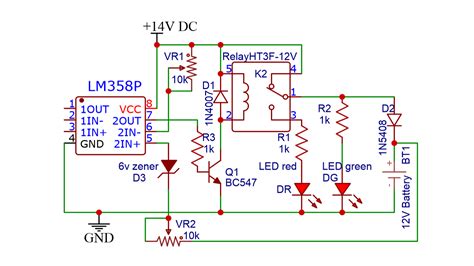 Read more: Counter chip of cadmium nickel battery charger circuit diagram
Read more: Counter chip of cadmium nickel battery charger circuit diagramIntroduction to Battery Charger Circuits A battery charger circuit is an electronic device that is used to recharge rechargeable batteries. It is an essential component in many electronic devices, including smartphones, laptops, and power tools. The primary function of a battery charger circuit is to convert AC power from a […]
Recent Posts
- How to Select Material for Your PCBs from Cost and Reliability Considerations
- Problems of EMC Technology Application in PCB Design of Electronic Devices and the Strategies
- Fabrication Technology on Flex-Rigid PCB Window
- Problems of High-Frequency and High-Speed Multilayer PCB Fabrication and Their Solutions
- Key Difficulties and Tips for Backplane PCB Fabrication